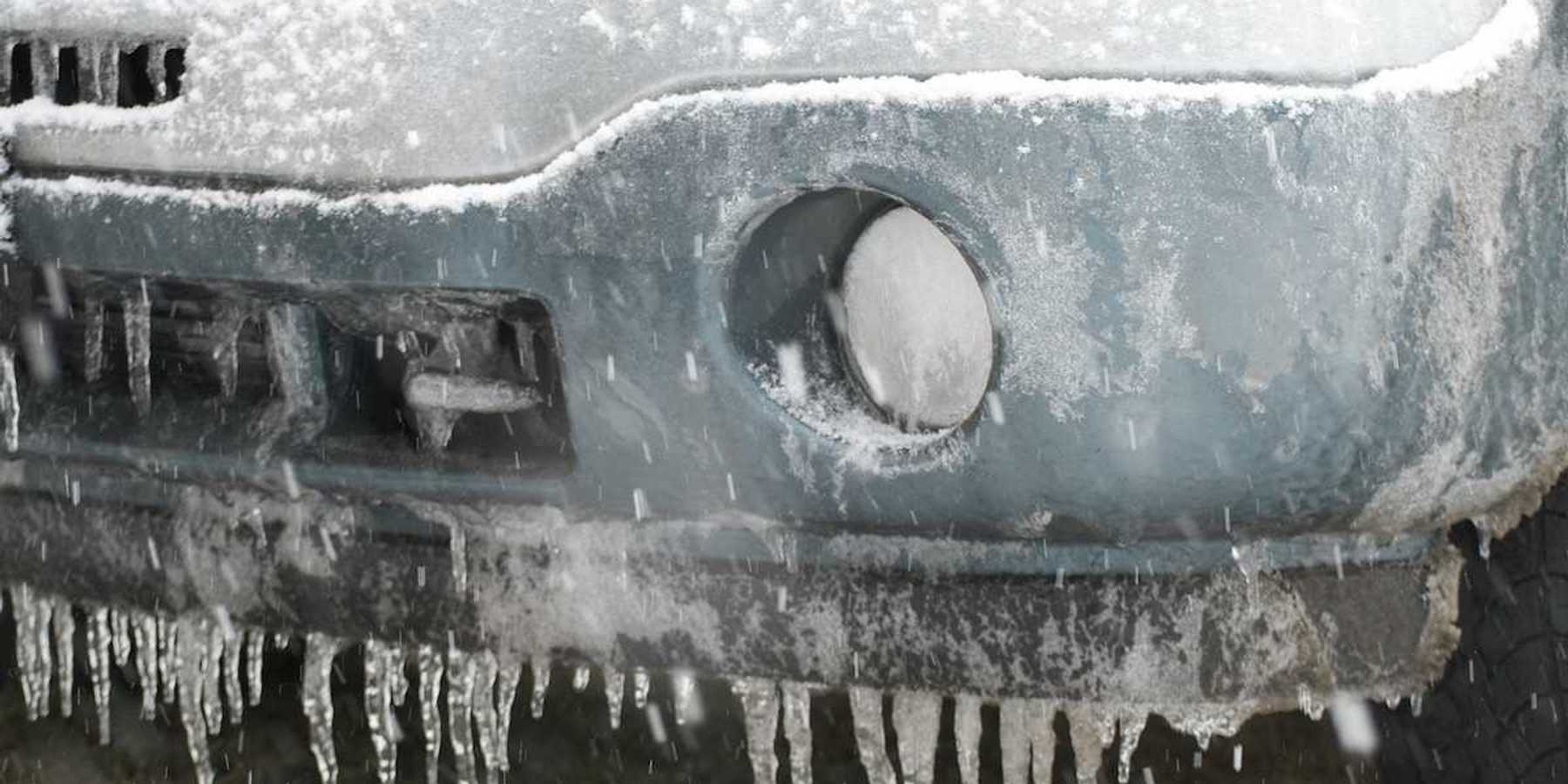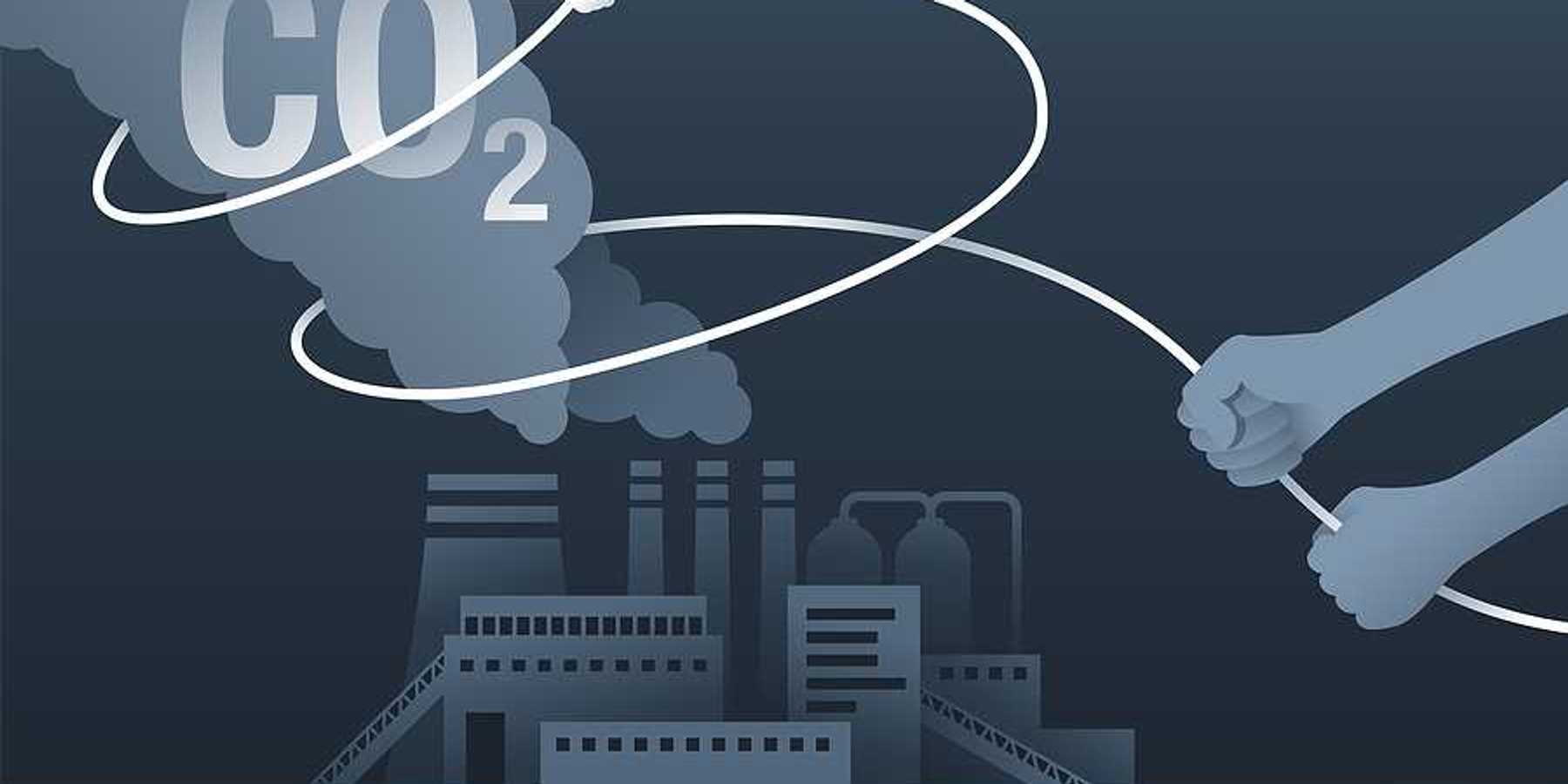Farmers take legal action over removal of climate data from USDA websites
Organic farmers and environmental groups sued the U.S. Department of Agriculture, alleging it unlawfully deleted climate-related data from its websites, stripping farmers of crucial resources for business planning.
Karen Zraick reports for The New York Times.
In short:
- The Agriculture Department ordered the removal of climate-related content from its websites on Jan. 30, leading to the deletion of data sets, interactive tools, and funding information relied on by farmers and researchers.
- At the same time, the agency froze funding for conservation and climate programs, making it harder for farmers to access promised financial support.
- The lawsuit, filed by Earthjustice and the Knight First Amendment Institute, claims the purge violates federal law and seeks to restore the deleted pages.
Key quote:
“You can purge a website of the words climate change, but that doesn’t mean climate change goes away.”
— Peter Lehner, Earthjustice attorney
Why this matters:
Farmers across the country are facing increasingly volatile weather patterns, from prolonged droughts to sudden, devastating floods. To navigate these challenges, they rely on long-term climate data — information that helps them make crucial decisions about planting, irrigation, and soil conservation. But when that data is restricted or removed, it can leave them struggling to plan for the future and to access funding designed to help mitigate climate risks.
At stake is not just the ability of farmers to prepare for extreme weather but also the broader implications for scientific research and policy decisions. Without reliable data, agricultural experts warn, efforts to develop sustainable farming practices and conservation strategies could be severely hindered.
Read more: Trump’s USDA pick raises questions about handling climate crisis on farms













